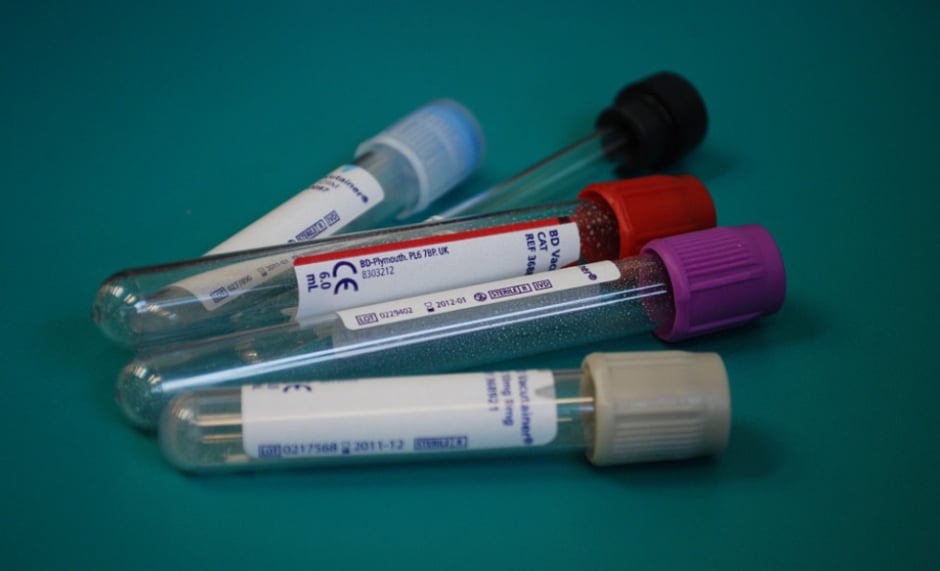AGGRESSIVE prostate cancer could be detected by a new blood test, potentially reducing the need for biopsies. Research by the Queen Mary University of London, London, UK, found that, when used in conjunction with the prostate specific antigen test (PSA) currently used, the test had the ability to remove the need for biopsies, over-diagnosis, and over-treatment of prostate cancer.
The current test for prostate cancer detects high levels of PSA in the blood and is followed by a biopsy of tissue taken from the prostate gland. While the PSA test does provide early diagnosis, it also has low specificity: 75% of all positive results are followed by negative cancer biopsies. The biopsies are invasive and pose the risk of infection and bleeding for the patient.
The Parsortix® system works by detecting circulating tumour cells (CTC), that have left the tumour and joined the bloodstream and are travelling around the body. Recognising intact cancer cells in the blood stream can provide a better prediction of prostate cancer, as opposed to using PSA levels, which can be present in the patient’s blood for a number of reasons.
The research team used the test on two groups of patients: 98 pre-biopsy patients and 155 patients recently diagnosed with prostate cancer. They found that detection of CTC in blood samples, taken pre-biopsy, were signallers of aggressive prostate cancer, as an efficient and non-invasive predictor of the biopsy test results that followed.
When the current PSA test was used in conjunction with the CTC test, they could predict aggressive prostate cancer presence with >90% accuracy. CTC type and prevalence rate in the blood also indicated how aggressive the cancer was. By harnessing this ability to focus on the more aggressive forms of prostate cancer, over-treatment may be reduced, along with a reduction of biopsies for both benign and non-aggressive cancers.
Lead researcher Professor Yong-Jie Lu, Queen Mary University of London, concluded: “Testing for CTC is efficient, non-invasive, and potentially accurate, and we’ve now demonstrated its potential to improve the current standard of care. By combining the new CTC analysis with the current PSA test, we were able to detect prostate cancer with the highest level of accuracy ever seen in any biomarker test, which could spare many patients unnecessary biopsies. This could lead to a paradigm shift in the way we diagnose prostate cancer.”








